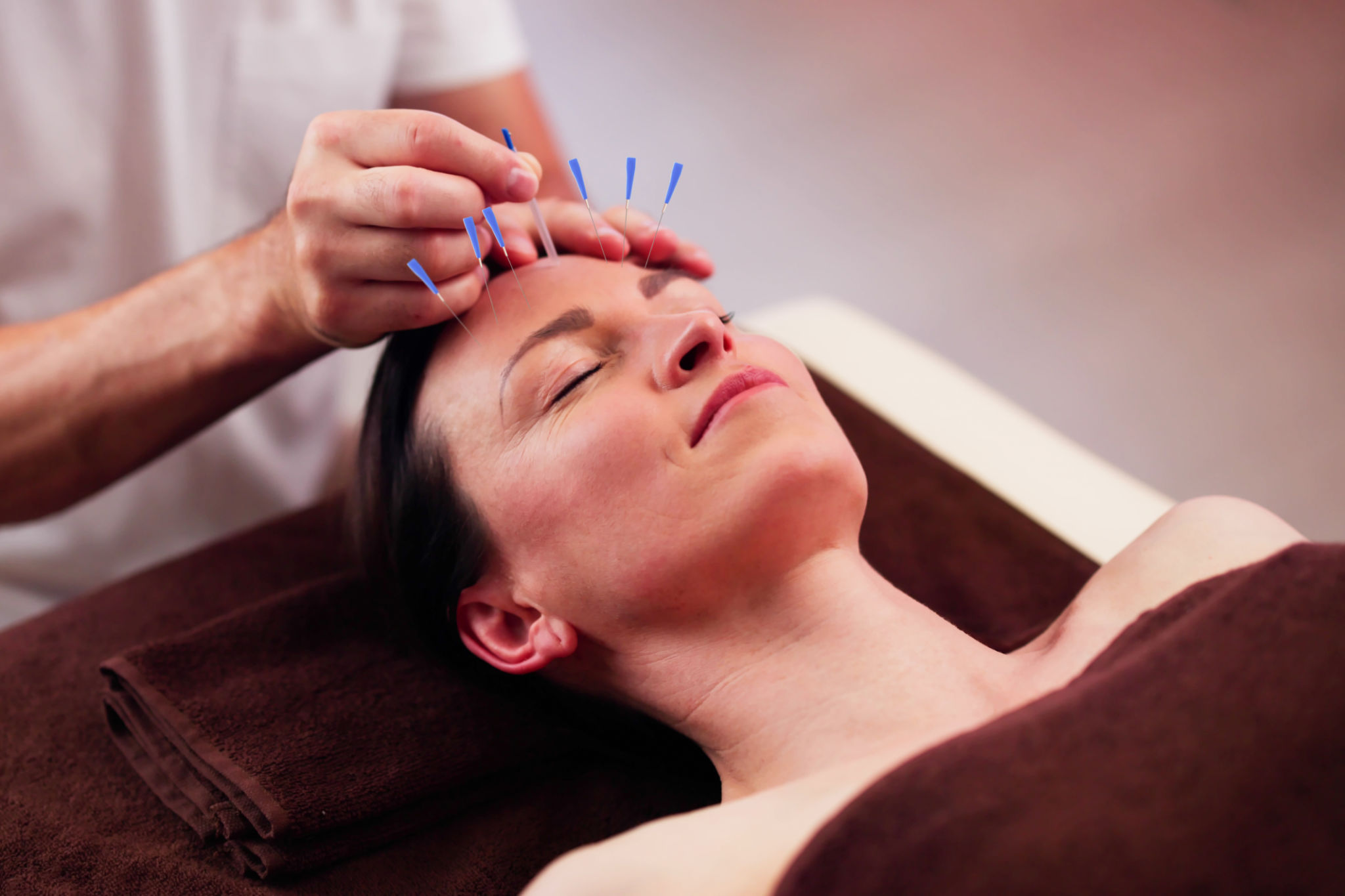Exploring the Benefits of Acupuncture for Stress Relief
Understanding Acupuncture
Acupuncture is an ancient Chinese healing practice that has been used for thousands of years to promote overall well-being and balance in the body. It involves inserting thin needles into specific points on the body to stimulate the flow of energy, known as "qi" (pronounced "chee"). This practice is based on the belief that qi flows through pathways in the body and that disruptions in this flow can lead to stress and illness.
In recent years, acupuncture has gained popularity in the Western world as a holistic approach to health and wellness. Many people turn to acupuncture as a natural way to relieve stress, reduce tension, and improve their overall quality of life.

How Acupuncture Relieves Stress
Stress is a common issue faced by many individuals today. The pressures of daily life, work, and personal responsibilities can all contribute to feelings of anxiety and tension. Acupuncture offers a unique approach to managing stress by addressing both physical and emotional symptoms.
One of the primary benefits of acupuncture for stress relief is its ability to promote relaxation. When the needles are inserted into the skin, they stimulate the body's nervous system, encouraging the release of endorphins—natural painkillers that also help reduce stress. This can lead to a significant decrease in both physical tension and mental anxiety.
Scientific Support for Acupuncture
Research has shown that acupuncture can have a positive impact on the body's stress response. Studies indicate that acupuncture can lower levels of cortisol, a hormone associated with stress, and improve overall feelings of well-being. Additionally, acupuncture has been found to enhance the activity of neurotransmitters such as serotonin and dopamine, which play a crucial role in mood regulation.

The Experience of an Acupuncture Session
Many people are curious about what to expect during their first acupuncture session. Typically, a session begins with a consultation where the practitioner assesses the individual's symptoms and health history. The actual treatment involves the gentle insertion of needles into specific points on the body, which are often left in place for about 20 to 30 minutes.
Patients often describe feeling a sense of deep relaxation during and after their sessions. Some may experience immediate stress relief, while others might notice gradual improvements over time as they continue with regular treatments.
Additional Benefits of Acupuncture
Beyond stress relief, acupuncture offers a range of other health benefits. These can include:
- Improved sleep quality
- Enhanced immune function
- Reduced headache frequency and intensity
- Relief from chronic pain conditions such as arthritis or back pain

Finding a Qualified Acupuncturist
If you're considering acupuncture for stress relief, it's essential to find a qualified practitioner. Look for professionals who are licensed and have undergone rigorous training in traditional Chinese medicine. You can often find recommendations through healthcare providers or by searching online directories of certified acupuncturists.
During your initial consultation, don't hesitate to ask questions about their experience, treatment approach, and what you can expect from your sessions. A good practitioner will be happy to guide you through the process and ensure you feel comfortable and informed.
Incorporating Acupuncture into Your Wellness Routine
Acupuncture can be an effective addition to any wellness routine aimed at reducing stress and promoting overall health. It works best when combined with other healthy lifestyle practices such as regular exercise, a balanced diet, and mindfulness techniques like meditation or yoga.
By incorporating acupuncture into your routine, you can create a comprehensive approach to managing stress and enhancing your overall quality of life. Whether you're dealing with chronic stress or simply looking for a way to relax and unwind, acupuncture offers a natural and effective solution.
